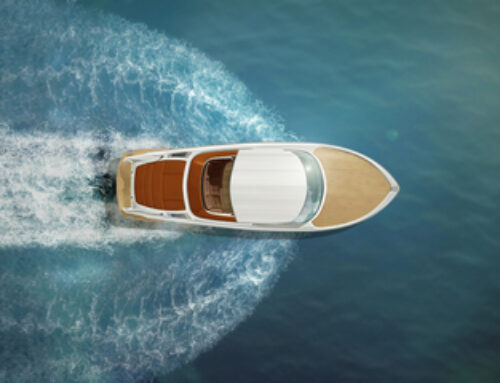Recession effects on boating
By Mary Jo Morris
After several years of recession, fabricators across the country are seeing evidence that the worst is over. “I think boat owners are opting to have things recovered and fixed as opposed to buying new,” says Cindy Boersema, owner of The Nautical Needle in Holland, Mich. “They’ve waited the past few years to do anything. Now, all of a sudden, they seem a little bit freer, so we are just staying super busy, getting a lot of the stuff done that should have been done two years ago.”
“The winter of 2010-11 was the worst I’ve ever seen for our customer base: the mega-yachts,” says Katie Bradford of Custom Marine Canvas in Noank, Conn. “These are the boats that go south to the Caribbean and charter in the winter. They didn’t have the charters, so they weren’t spending the money on upgrading their interiors. We had zero charter jobs in 2011, and this past year we had five really nice big ones.”
Before the recession, boat owners traded up boat sizes, generating interior design and fabrication work on a regular basis. The recession stopped this progression in its tracks. Boat owners are now re-working their current boats rather than scaling up. The good news for fabricators is that consumers spend money on redoing their interiors.
Several fabricators say their customers are asking for smaller projects, replacing only one cushion or doing only the salon seating instead of the entire boat. “In a lot of cases, just one or two seats are bad and the rest of the boat is fine,” says Mike Charpentier of Paul’s Custom Canvas in Broomfield, Colo. “Our customers will just redo those one or two seats. Some of them know that to reupholster the boat is a little bit expensive but it’s cheaper than buying a new boat.”
One of the problems with this approach is that many fabric colors have a finite shelf life, making it difficult to match the colors in the future. “We then have to get creative as to how to either find a different way to put the color in or come up with another design that eliminates that color,” Charpentier says.
Top quality materials provide the best value even in hard times. It’s better to scale back the scope of a project and do it incrementally than it is to compromise quality.
 TEXTILES.ORG
TEXTILES.ORG 





